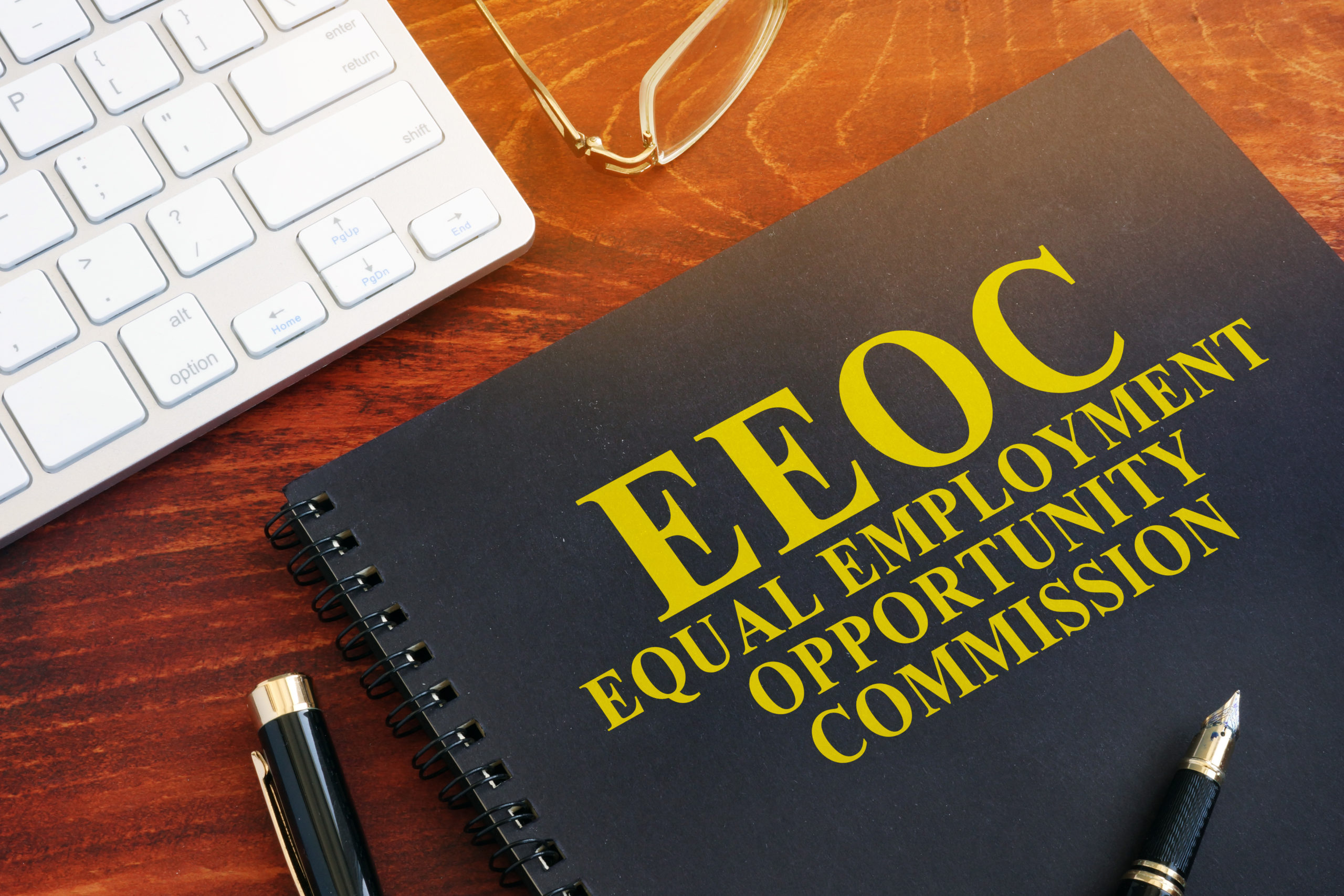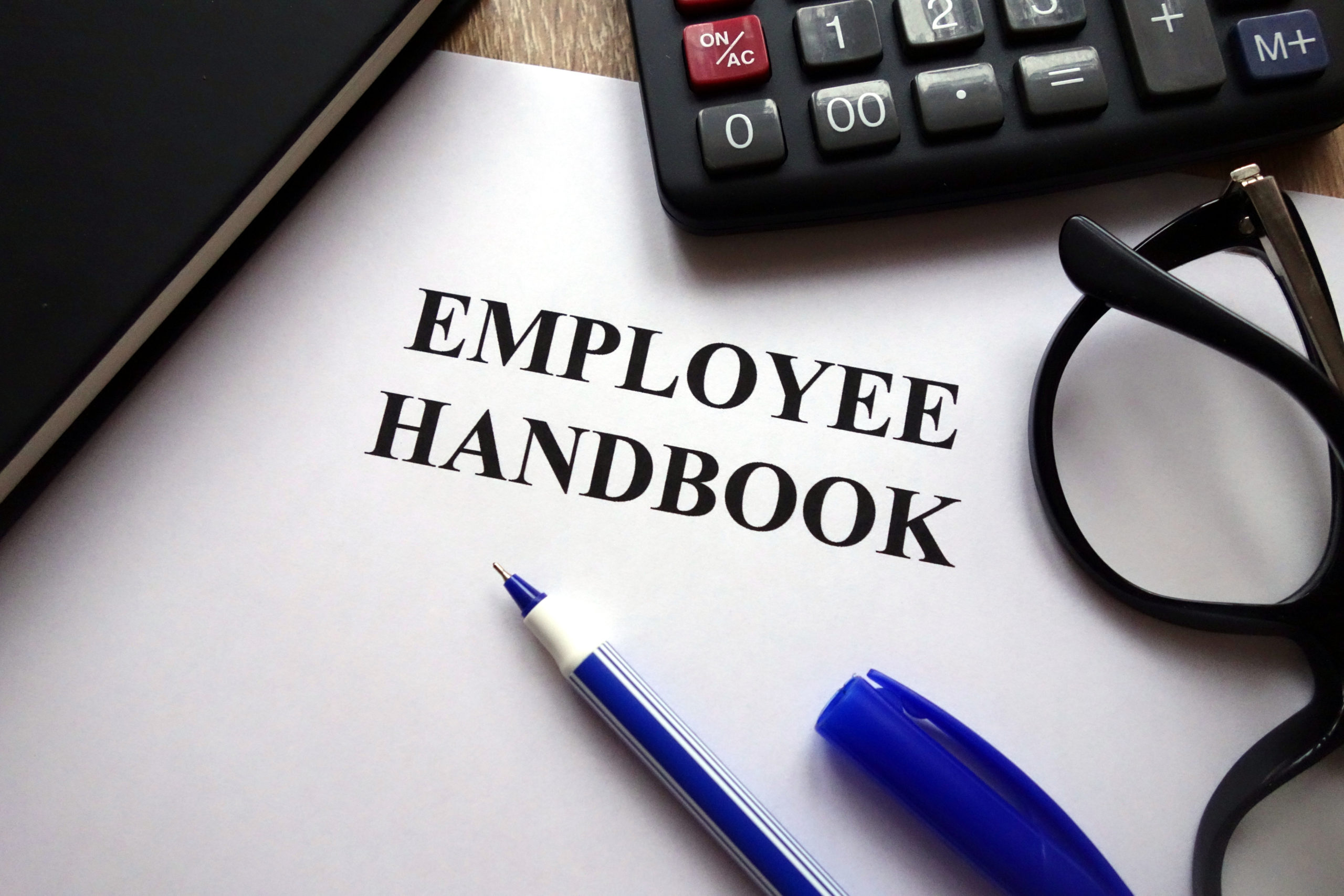If you face discrimination in the workplace, you should file a complaint with both the California Department of Fair Employment and Housing (DFEH) and the Equal Employment Opportunity Commission (EEOC). Why should you file a complaint with both agencies? The answer is you cannot file a civil lawsuit against your employer for discrimination until after you file formal complaints with the California DFEH and the EEOC.
File a Complaint with the DFEH First
Although you want to file a formal complaint with both the DFEH and EEOC, you should focus on getting your complaint into the DFEH before you file one with the EEOC. One of the reasons for this is the DFEH contains more protections against employment discrimination than the protections granted by federal civil rights law.
A good example of why the DFEH is a better filing option concerns the minimum number of employees an employer must have for discrimination laws to kick in. Federal civil rights law states employment discrimination statutes cover employers that have a minimum of 15 employees. The DFEH enforces employment discrimination laws for employers that have at least 5 employees.
Another reason why workers should file a discrimination complaint with the DFEH first is the California agency enforces laws that are much more broadly defined than the employment discrimination statutes written at the federal agency level. California also does not cap the amount of monetary damages awarded in employment discrimination cases, while Title VII of the Civil Rights Act of 1964 places a limit on the amount of monetary damages awarded for employment discrimination cases,
Finally, ease of filing with the DFEH makes it the first agency you should file a formal discrimination complaint. The DFEH allows workers to ask that a compliant be cross-filed with the EEOC. This simplifies the complaint process because you deal with just one government agency when filing an employment discrimination complaint.
What You Need to Know About the Intake Interview
Although the process for filing an employment discrimination complaint includes several steps, the most important step is the intake interview. Submitting the intake form starts the intake interview process, which involves a department representative contacting the employee filing the formal employment discrimination complaint.

The department representative schedules a telephone interview that determines whether there is enough evidence to justify the filing of a formal complaint.
An investigator with the DFEH calls you to discuss the facts and evidence that supports your employment discrimination complaint. This means you need to submit every record that details discrimination in the workplace, as well as the written statements made by witnesses that corroborate your account of discrimination. Documented evidence, such as a rejection letter that responds to an application you submitted to an employer, constitutes solid evidence, as long as the letter includes discriminatory language.
The DFEH ends investigations on complaints that do not prove to be a violation of state law, have missed the filing deadline for complaints, or do not fall within the DFEH’s legal jurisdiction.
Deadlines for Filing Employment Discrimination Complaints
Also referred to as the statute of limitations, the deadline for filing a formal employment discrimination complaint differs between California and federal law. Under California law, you have one year since the last act of employment discrimination to file a formal complaint against your employer. Federal law grants just 300 days after the last act of discrimination to file a formal complaint.
How DFEH Works
You have three ways to file a formal employment discrimination complaint with the DFEH.
- File your complaint by accessing the DFEH web page
- Call the DFEH communication center at 1-800-884-1684
- Ask for a Pre-Complaint Inquiry Form and complete it to send via email or snail mail
Accessing the DFEH website typically produces faster results.
Because of budget issues, the DFEH does not pursue every legitimate employment discrimination complaint. However, if the DFEH accepts your complaint, you can expect the state agency to have an investigator contact you within 60 days of when you filed your formal complaint. If the investigator assigned to review your complaint agrees to investigate it, the investigator will draft a complaint for you to sign.
If you want to file a formal employment discrimination complaint with both the DFEH and EEOC, contact an employment lawyer to ensure your complaint contains enough evidence to convince the investigator from the DFEH to move your complaint through the investigation phase of the process. Your attorney can also help you file the paperwork required to initiate the intake interview.





